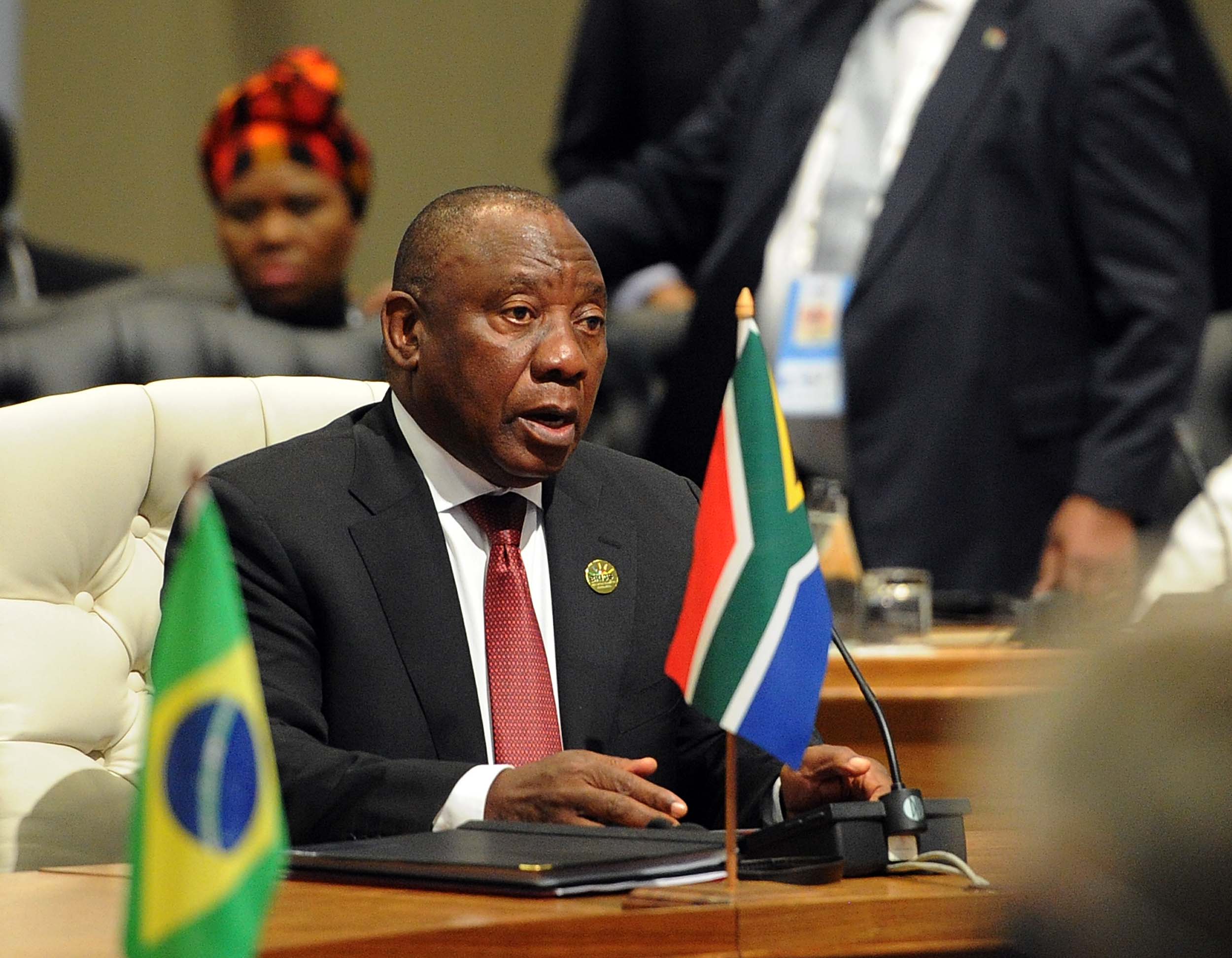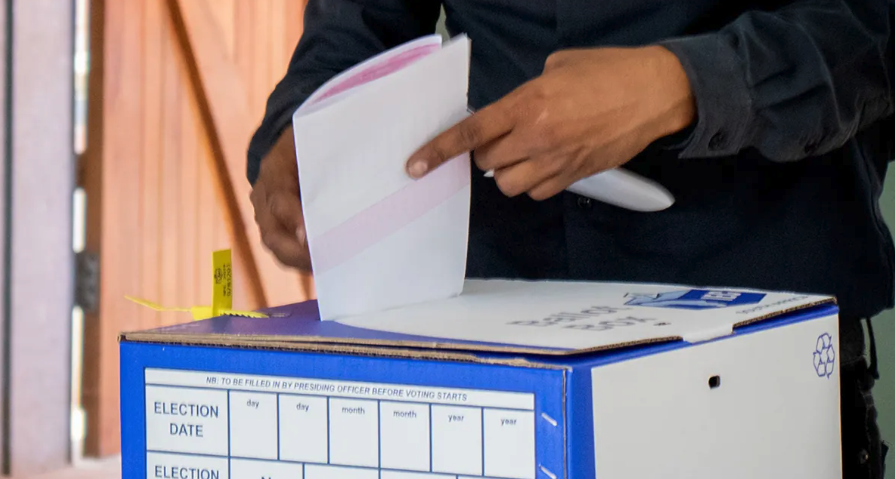News
The Truth? It’s Been Downhill for South Africa Since we Joined BRICS
It doesn’t help if you desperately need to reform corrupt old state enterprises into modern, competitive entities to while away the time with countries that hold old-world statist views on economic development.

Research Director, The Brenthurst Foundation

Director, The Brenthurst Foundation

Conventional wisdom – and there’s a lot of it going around since the BRICS Summit in Sandton a couple of weeks ago – has it that South Africa benefits tremendously from its association with BRICS.
It is apparently self-evidently true that membership of this body unlocks economic growth and opens the doors for economic development. So much so that it is worth shelving differences over trivia like democracy and human rights to join the rush for economic benefits.
President Cyril Ramaphosa, addressing the nation, laid out the benefits associated with BRICS membership as follows:
“As we have said before, our international work cannot be separated from our efforts to end poverty, to create jobs and to reduce inequality in South Africa.
“Through stronger investment and trade relations with other countries, we are able to grow our economy, create more opportunities for new businesses and reduce unemployment.”
These are all wonderful-sounding words. But has South Africa actually benefitted from joining BRICS or is this all just showmanship and virtue signalling? Does it justify the financial cost of hosting the summit and the opportunity cost of alienating nations that share South African values?
We don’t have to guess. South Africa joined BRICS in 2010, so we have a 13-year track record to look back on. The numbers don’t lie and, unfortunately, they tell a very different story to that being peddled by Ramaphosa.
By almost every metric, South Africa has gone downhill fast since it joined BRICS in 2010. Our GDP – the prime measure of national output – has actually declined from $417.4-billion in 2010 to $406.9-billion in 2023. And this is without adjusting for inflation.
GDP per capita – the average portion of GDP for each South African – has declined even more precipitously from $8,737 in 2010 to $6,795 in 2023.
The value of the currency has deteriorated from R7.90 to the dollar in 2010 to R19.22 at the last measure.
Debt has spiralled out of control, leading to what many are describing as a debt crisis. It stood at 31.2% of GDP in 2010 and is now 72.3% of GDP and rising fast.
Unemployment has skyrocketed from 24% in 2010 to 32.6% in 2023.
You might think that this is the way of the world and the past 13 years have been bad for everyone. You would be wrong.
Countries which today have a similar GDP to South Africa in 2023 have been on a very different and much more potent growth trajectory. Let’s look at our neighbours in the global GDP rankings, for example. The Philippines ($404-billion GDP today) has risen from $176-billion in 2010. Malaysia ($406-billion GDP today) has risen from $202-billion in 2010.
Let that sink in. Both these countries, which share violent colonial histories, and which were substantially poorer than South Africa in 2010, have more than doubled their GDP while SA’s has gone down over the same period.
They appear to have managed economic growth and lifted millions of their citizens out of poverty just fine without the help of BRICS.
You might argue that South Africa’s membership of BRICS is not the proximate cause of its rapid economic decline. There may be some merit in that. Other countries have not suffered the grotesque corruption of the state capture years or the disembowelment of their public service through cadre deployment.
But BRICS doesn’t help. It doesn’t help when you are fighting a corruption plague to make friends with countries that suffer from endemic corruption which is ingrained in their body politic. Adding the likes of Argentina, Iran and Egypt to BRICS does not exactly send a signal that BRICS is about a war on graft.
It doesn’t help to shelve your country’s national identity, which is deeply tied to human rights and democracy, so that you don’t offend your new friends who don’t share these values. It’s easy if you label these values “Western” and if you ignore the inconvenient truth that nearly three-quarters of Africans across the continent prefer democracy to other forms of government.
It doesn’t help if you desperately need to reform corrupt old state enterprises into modern, competitive entities to while away the time with countries that hold old-world statist views on economic development.
While the ANC government likes the idea of an externalist development paradigm – that the world must change before we can – this is more of a convenient excuse than a development fact. After all its BRICS partners, notably China but also Brazil and India, have done rather well out of the world just as it is. If anything, while there is merit always in shaking things up, the fragmentation of the global economy and rules-based order by the likes of BRICS could be disastrous for growth and prosperity, especially for developing countries attempting to keep ahead of the curve of demography and citizen expectations.
While it does not harm to host BRICS summits with hotels filling up, reduced load shedding (as it turns out, temporarily) and the streets secured and cleaned up, we should not kid ourselves that BRICS is the panacea we desperately need to bring about economic growth and development. The fact that it took the BRICS Summit to keep the lights on, literally and figuratively, is, if nothing else, an indication of the extent to which the government listens to its domestic audience.
Our problems will not be solved by diplomatic posturing and the mirage that we are suddenly important on the world stage. We will only progress when we understand our unique problems and deal with them. It’s time to stop the posturing and make the tough decisions that lead to economic growth.
This article originally appeared on the Daily Maverick
Photo: Government ZA


